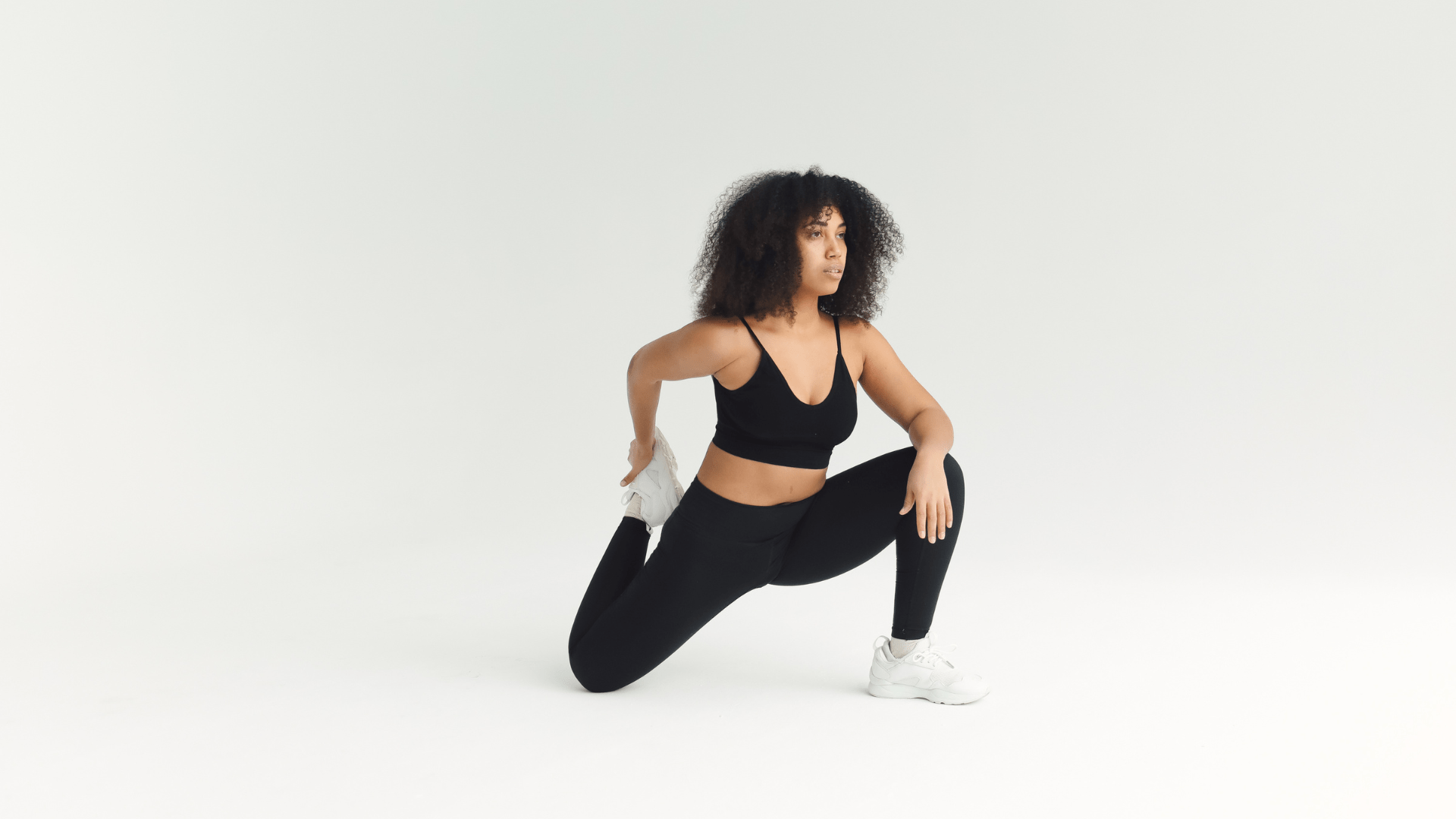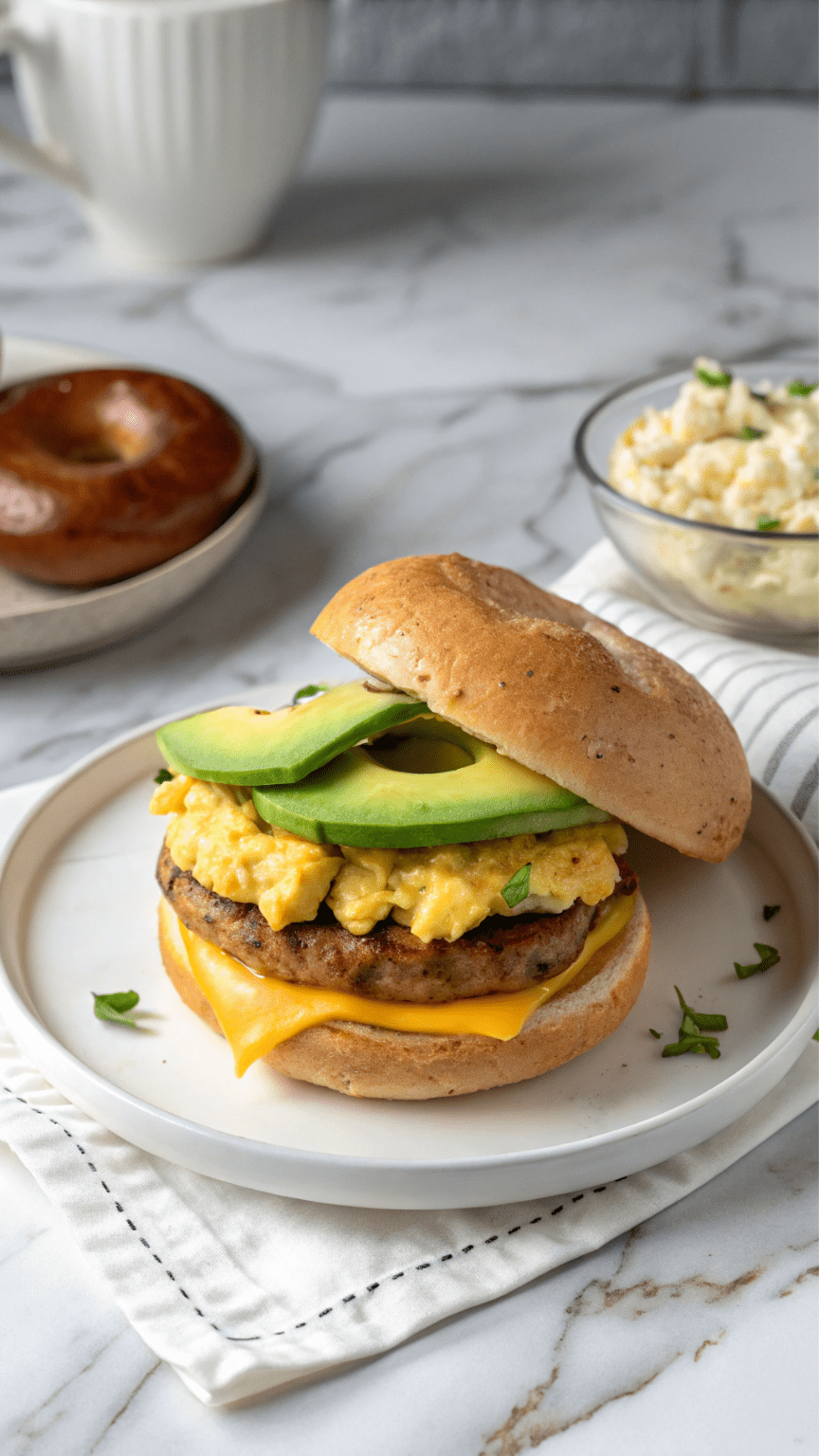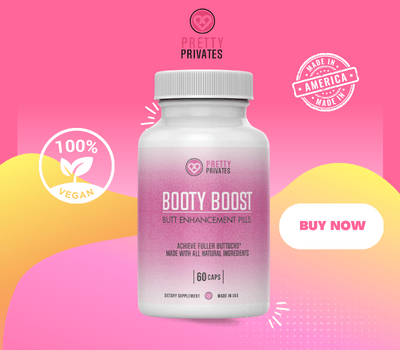How to Reduce Bloating Naturally: 10 Tips for a Flatter Belly

Bloating can strike at the most inconvenient times, making you feel uncomfortable and self-conscious. Whether it’s caused by dietary choices, lifestyle factors, or underlying health issues, there are practical steps you can take to reduce bloating and regain control of your digestive comfort.
In this blog post, we’ll explore twelve proven tips that can help you beat the bloat and enjoy a happier, more comfortable life.
1. Stay Hydrated
One of the simplest ways to combat bloating is to drink plenty of water. Dehydration can lead to water retention, making you feel puffy and bloated. Aim to consume at least eight glasses of water a day, and consider adding herbal teas, infused water, and foods with high water content, such as cucumbers and watermelon, to your diet.
2. Watch Your Fiber Intake
While fiber is essential for digestive health, consuming too much of it, especially insoluble fiber, can lead to bloating and gas. Gradually increase your fiber intake and focus on soluble fiber sources like oats, legumes, and fruits to avoid excessive gas production.
3. Mind Your Portions
Overeating can strain your digestive system, leading to discomfort and bloating. Pay attention to portion sizes, and try to eat smaller, more frequent meals throughout the day. This can prevent your stomach from becoming overly full and distended.
4. Slow Down While Eating
Eating too quickly can introduce excess air into your digestive system, contributing to bloating. To reduce this risk, chew your food thoroughly, and take your time during meals. This also aids in better digestion and nutrient absorption.
5. Limit Gas-Producing Foods
Certain foods are notorious for causing gas and bloating. These include beans, cruciferous vegetables (like broccoli and cauliflower), carbonated beverages, and artificial sweeteners. Reduce your consumption of these foods if you’re prone to bloating.
6. Be Mindful of Food Sensitivities
Food intolerances, such as lactose intolerance or gluten sensitivity, can cause significant bloating and discomfort. If you suspect you have a food sensitivity, consider eliminating the suspected trigger foods from your diet or consult a healthcare professional for testing and guidance.
7. Reduce Sodium Intake
Excessive sodium intake can lead to water retention, making you feel bloated. To reduce sodium, avoid processed and salty foods, and try seasoning your meals with herbs and spices instead.
8. Probiotics and Digestive Enzymes
Probiotics are beneficial bacteria that can help maintain a healthy gut microbiome. Consider taking a probiotic supplement or incorporating probiotic-rich foods like yogurt, kefir, and fermented vegetables into your diet. Digestive enzyme supplements may also aid in better digestion.
9. Stay Active
Regular physical activity can promote healthy digestion by preventing constipation and reducing gas buildup. Aim for at least 30 minutes of moderate exercise most days of the week.
10. Manage Stress
Stress can disrupt digestion and contribute to bloating. Practice stress-reduction techniques such as deep breathing, meditation, yoga, or spending time in nature to help relax your body and mind.
Bloating is a common issue, but it doesn’t have to be a constant companion. By implementing these ten effective strategies, you can reduce bloating, improve your digestive health, and ultimately feel your best.
Remember that individual responses to these methods may vary, so it’s essential to find what works best for you through trial and error.
If persistent bloating or discomfort persists, consult a healthcare professional to rule out any underlying medical conditions.
Share:
Social Media
Most Popular
Subscribe To Our Weekly Newsletter
No spam, notifications only about new post, updates.
Categories
Related Posts

The Best Gym Bags for Women in 2025 (Cute, Stylish & Functional!)
Tired of your old gym bag? Discover the best cute, stylish, and functional gym bags for women. From chic totes to versatile backpacks with shoe compartments, find the perfect bag to take you from workout to weekend in style.

From Bloating to Balance: Fermented Foods for Gut Health: What Women Should Know
Feeling bloated or hormonally imbalanced? Your gut may hold the key. Discover the best fermented foods for women’s health, how they improve digestion, mood, and hormonal balance, and how to easily add them to your diet.

Unleash Your Lower Body Power: The Best Compound Exercises to Grow Your Legs Fast
Want to build strong, sculpted legs quickly? Discover the most effective compound exercises for women that target multiple leg muscles simultaneously for faster growth and a powerful lower body. Say hello to leg day gains!

The Ultimate High-Protein Breakfast Bagel
Upgrade your morning with the ultimate high-protein breakfast bagel! This recipe stacks a toasted bagel with a cheesy cottage cheese egg scramble, savory sausage, and creamy avocado for over 40g of protein.



